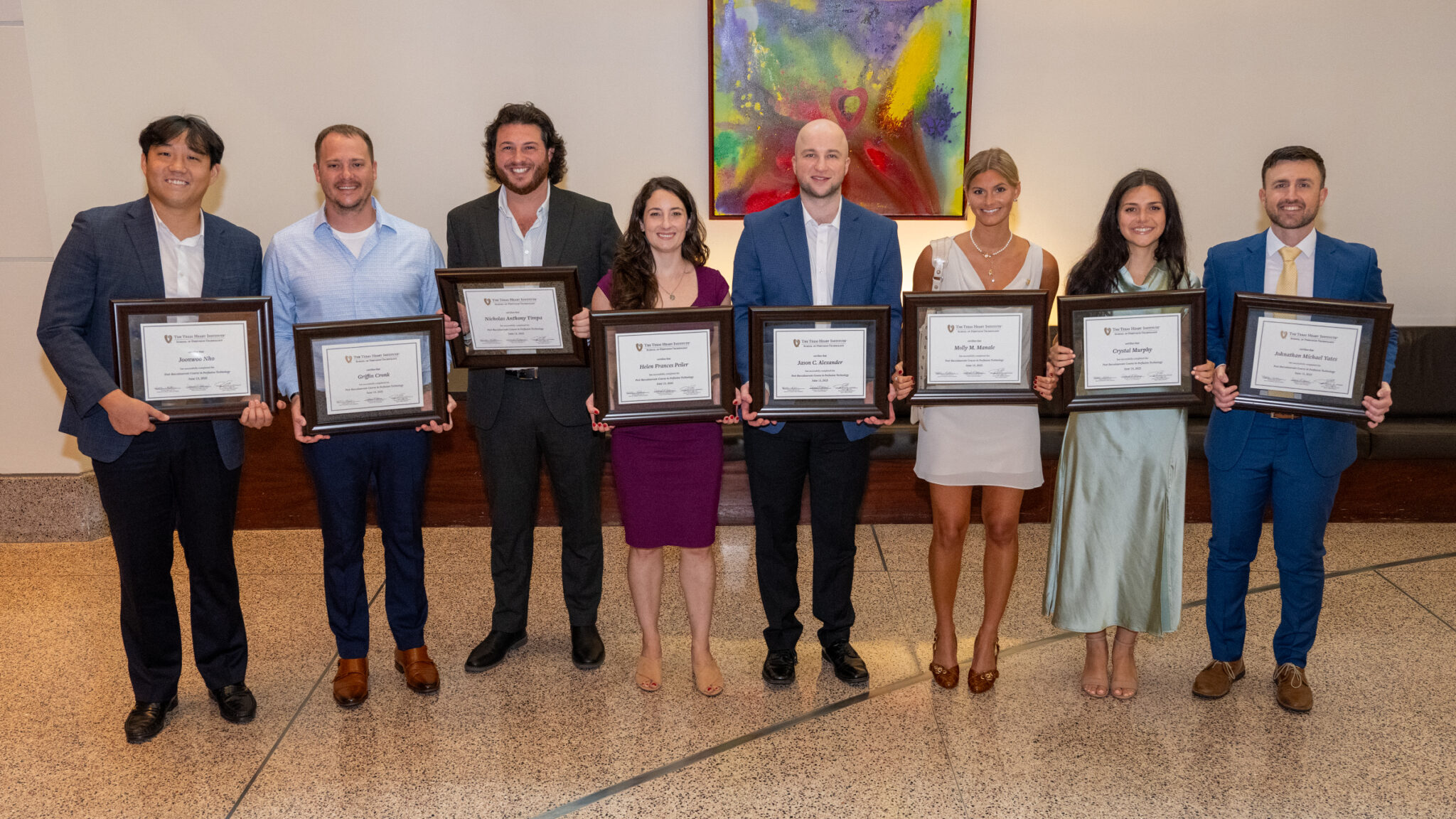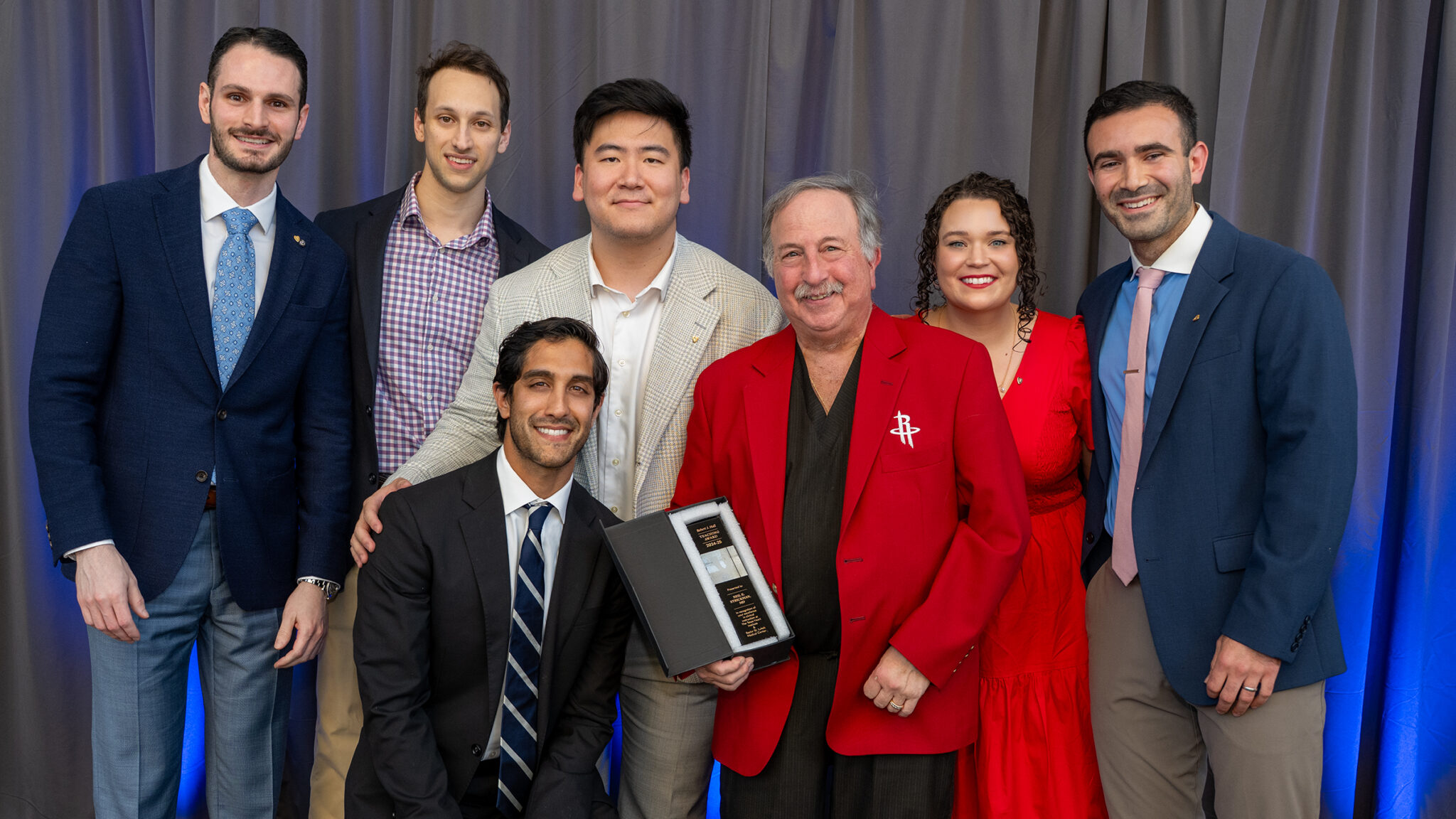
The Texas Heart Institute at Baylor College of Medicine’s Director, Joseph G. Rogers, MD, is a cardiologist and an Adjunct Professor in the Division of Cardiology at Duke University. He is an internationally recognized and widely published thought leader in heart failure, heart transplantation and mechanically assisted circulation.
Show full bioDr. Rogers is passionate about value-based care initiatives, the delivery and implementation of care management and population health strategies. Dr. Rogers’ research focuses on clinical aspects of advanced heart failure, including pharmacologic and electrical treatments for systolic heart failure, the use of mechanical circulatory support devices, cardiac transplantation, and palliative care.
Before joining The Texas Heart Institute as President and CEO, he served as Chief Medical Officer at Duke University Health System (DUHS) in Durham, North Carolina, where he was responsible for providing clinical and strategic direction for physician activities across all of its clinical entities.
Dr. Rogers received his medical degree from the University of Nebraska College of Medicine in Omaha. He completed his residency training in internal medicine at the University of Nebraska and his fellowship in cardiology at Washington University in St. Louis, Missouri. He joined the faculty at Duke in 2004 and served in several leadership roles, including Associate Chief Medical Officer for strategic growth and implementation, interim chair of the school’s Department of Medicine, and member of the Board of Managers for Duke Connected Care, the health system’s Accountable Care Organization. He also served as a key strategic health system liaison to the Private Diagnostic Clinic, the physician practice organization for Duke providers, where he championed innovations in safety and quality across the health system.
Joseph G. Rogers, MD
Director, The Texas Heart Institute at Baylor College of Medicine
O’Quinn/Willerson Endowed Chair
The Texas Heart Institute
6770 Bertner Avenue, MC 3-116
Houston, TX 77030
Office: 832-355-9320 | Fax: 832-355-6810
Email: jrogers@texasheart.org
Texas Heart Institute Positions
- Director, The Texas Heart Institute at Baylor College of Medicine
- Cardiology, The Texas Heart Institute Center for Cardiovascular Care
- Associate Editor, The Texas Heart Institute Journal
Interests
- Advanced heart failure
- Investigative pharmacologic and electrical treatments for systolic heart failure
- Mechanical circulatory support devices
- Cardiac transplantation
- Palliative care in the treatment of heart failure
Education
-
Medical School:
University of Nebraska (Omaha)
-
Residency:
University of Nebraska (Omaha)
-
Fellowships:
Cardiovascular Disease Fellowship, Washington University (St. Louis, Missouri)
Academic & Clinical Affiliations
Publications
Recent News

Leading With Expertise and Compassion: The Texas Heart Institute Perfusion School Class of June 2025
The Texas Heart Institute (THI) School of Perfusion Technology proudly added eight new talented alumni to the more than 1000...

Presenting the Future of Cardiovascular Medicine: The Texas Heart Institute Fellowship Program Celebrates 2025 Cardiology Graduates
On the evening of June 6, 2025, The Texas Heart Institute at Baylor College of Medicine (THI) celebrated the accomplishments...

Shaping the Future of Metabolic Health: Insights from The Texas Heart Institute
On August 23, 2024, The Texas Heart Institute hosted the Cardiometabolic Syndrome Conference: A Population Health Crisis, bringing together leading...

.svg)


